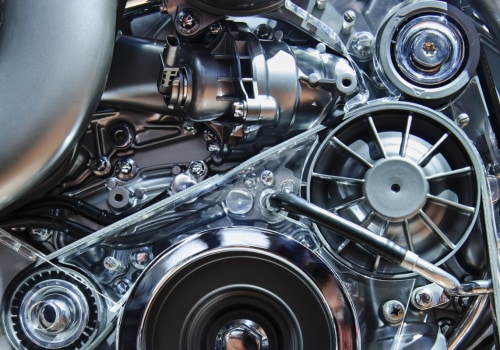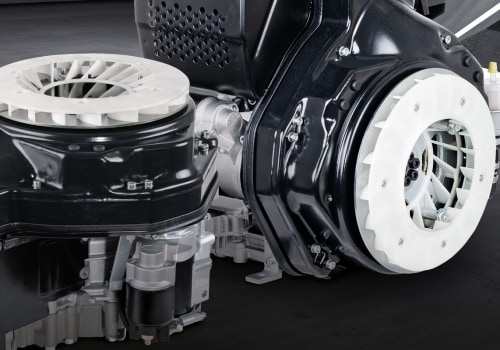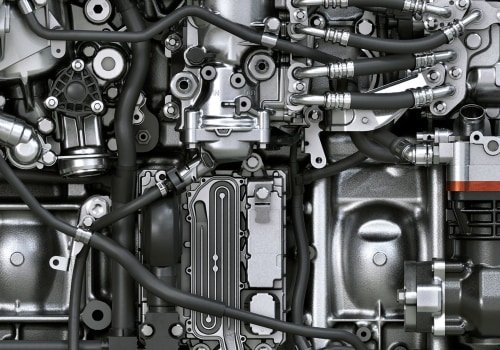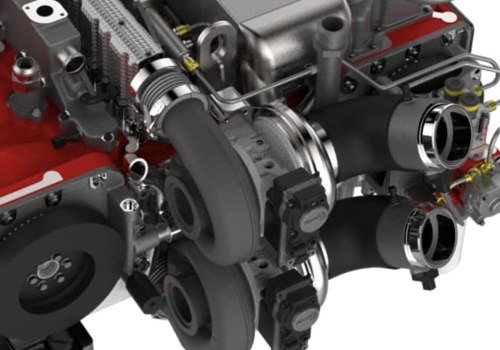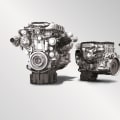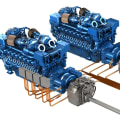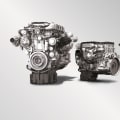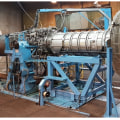Diesel engines have been around for over a century, and they are still a popular choice for many drivers. While diesel engines offer some advantages over gasoline engines, they also come with some drawbacks. To help you decide if a diesel engine is right for you, let's take a look at the pros and cons of diesel engines. One of the main advantages of diesel engines is their fuel efficiency. Diesel fuel contains more energy than gasoline, so diesel cars can travel up to 35% farther on a gallon of fuel.
This makes them ideal for long-distance driving, as well as for towing or carrying heavy loads. Diesel engines also tend to last longer than gasoline engines, with some Mercedes-Benz models reaching 900,000 miles on their original engines. On the other hand, diesel engines can be noisier than gasoline engines due to their high operating pressure. They also require more maintenance than gasoline engines, as the particulate filter can become clogged if you drive mostly in cities and at low speeds. Additionally, diesel fuel is more expensive than gasoline, and the higher purchase price of a diesel car can increase insurance costs. When it comes to environmental impact, there is some debate about the difference between diesel and gasoline-powered cars.
However, modern diesel vehicles produce less CO2 per gallon of fuel than comparable gasoline engines. Overall, diesel engines offer some advantages over gasoline engines, such as increased fuel efficiency and longer engine life. However, they also come with some drawbacks such as higher purchase prices, increased insurance costs, and more maintenance requirements. If you're considering a diesel engine for your next car or truck, weigh the pros and cons carefully to decide if it's the right choice for you.

